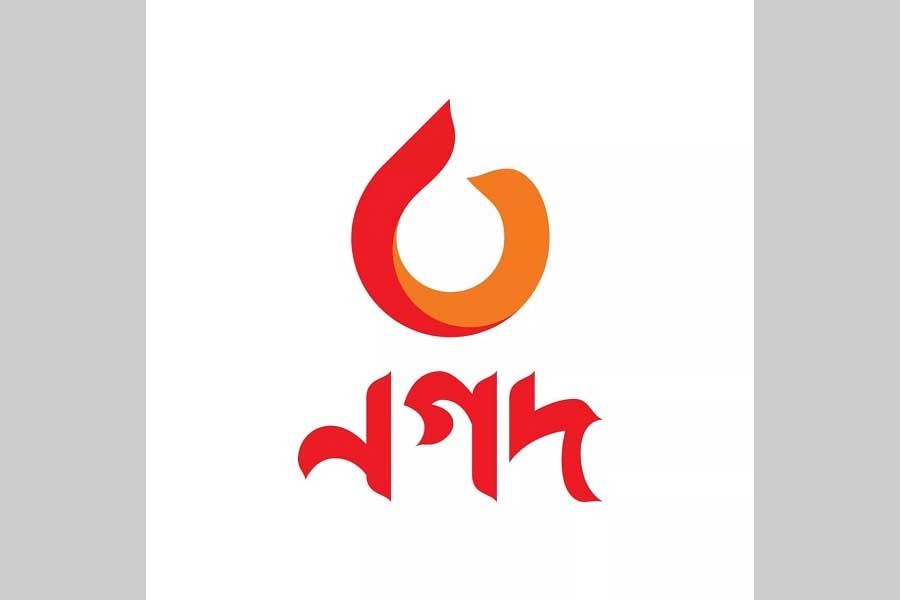The recent introduction of a digital financial service scheme by Bangladesh Post Office (BPO) has raised concerns among relevant parties and industry insiders.
The Bangladesh Post Office early this week introduced its own digital financial service called 'Nagad' on a test basis to reach out to the unbanked population of the country.
But the new service, with its increased transactions limit, may create uneven competition in the market while increasing the scope for money laundering and terrorist financing, insiders fear.
Under the planned scheme, a customer of Nagad will be able to cash in or cash out Tk. 50,000 in a single transaction and maximum Tk. 250,000 via 10 transactions per day.
This comes at odd with other mobile financial service providers in the market, who, as per the mobile financial services (MFS) regulations, can cash in a maximum of Tk. 15,000 via two transactions and cash out a maximum of Tk. 10,000 via same number of transactions a day.
The reason behind this discrimination, however, is that all other MFS operators, which are regulated by Bangladesh Bank, is bound by the transaction limit set by the central bank.
BPO officials say Nagad, being a product of Bangladesh Post Office, will be regulated under the "Bangladesh Postal Act Amendment 2010" and will not come under the purview of these MFS regulations.
Insiders, however, cautioned that the forthcoming service, which does not fall under the purview of the central bank's monitoring and supervision, is prone to be used as a platform of extortion, money laundering, terrorist financing and illegal hundi business due to the lack of regulatory monitoring and oversight.
Post Office said with its long-drawn experience in handling financial transactions, it is well-equipped to tackle any misuse that may arise from Nagad.
"We've been providing financial transaction services like money order for more than a century without any major instance of financial crimes," said director general of Bangladesh Post Office Sushanta Kumar Mandal.
Unlike the MFS regulations 2018, the Post Office does not have any clear regulatory guideline on how to monitor and supervise the transactions of a digital platform, as such risking a variety of misuse of the system, they also pointed out.
In August, BPO sought formal approval from Bangladesh Bank to operationalise its digital payment platform.
However, their application was later rejected by the central bank. Consequently, BPO decided to go on its own as per its relevant act.
"We did not give our approval for Nagad. However, if it is found that there are loopholes in this system, the authorities will act accordingly," said Md. Serajul Islam, executive director of Bangladesh Bank.
Industry insiders warned that Nagad's apparent advantage in terms of transaction limit might create uneven competition and distort the level-playing field in the MFS market.
For the last eight years, Bangladesh Bank, different government agencies and service providers have been working diligently on bringing discipline and order in the mobile financial service industry, said Shamsuddin Haider Dalim, Head of Corporate Communications of bKash, the leading MFS provider of the country.
"It requires an even-playing field for a healthy competition …," he added.
"The system has not fully gone into operations yet. But the authorities need to scrutinise thoroughly whether it has a strong risk mitigation plan before it launches full-scale operations," said a high official of Bangladesh Financial Intelligence Unit (BFIU), preferring anonymity.
"Central bank is the regulatory body of all payment system in a country," said former Bangladesh Bank governor Dr. Atiur Rahman, when asked on the issue.
"Therefore, no payment system should be introduced in the country without the approval of Bangladesh Bank," he told the FE.
Bangladesh has seen a proliferation of mobile financial services in recent years mainly due to limited banking presence in rural areas.
The present number of registered clients of mobile financial services is roughly 64.7 million, served by 18 banks, the BB data shows.
A total of 195,343,990 transactions took place through MFS platforms in August alone and the total value of transactions was Tk. 343.99 billion.


